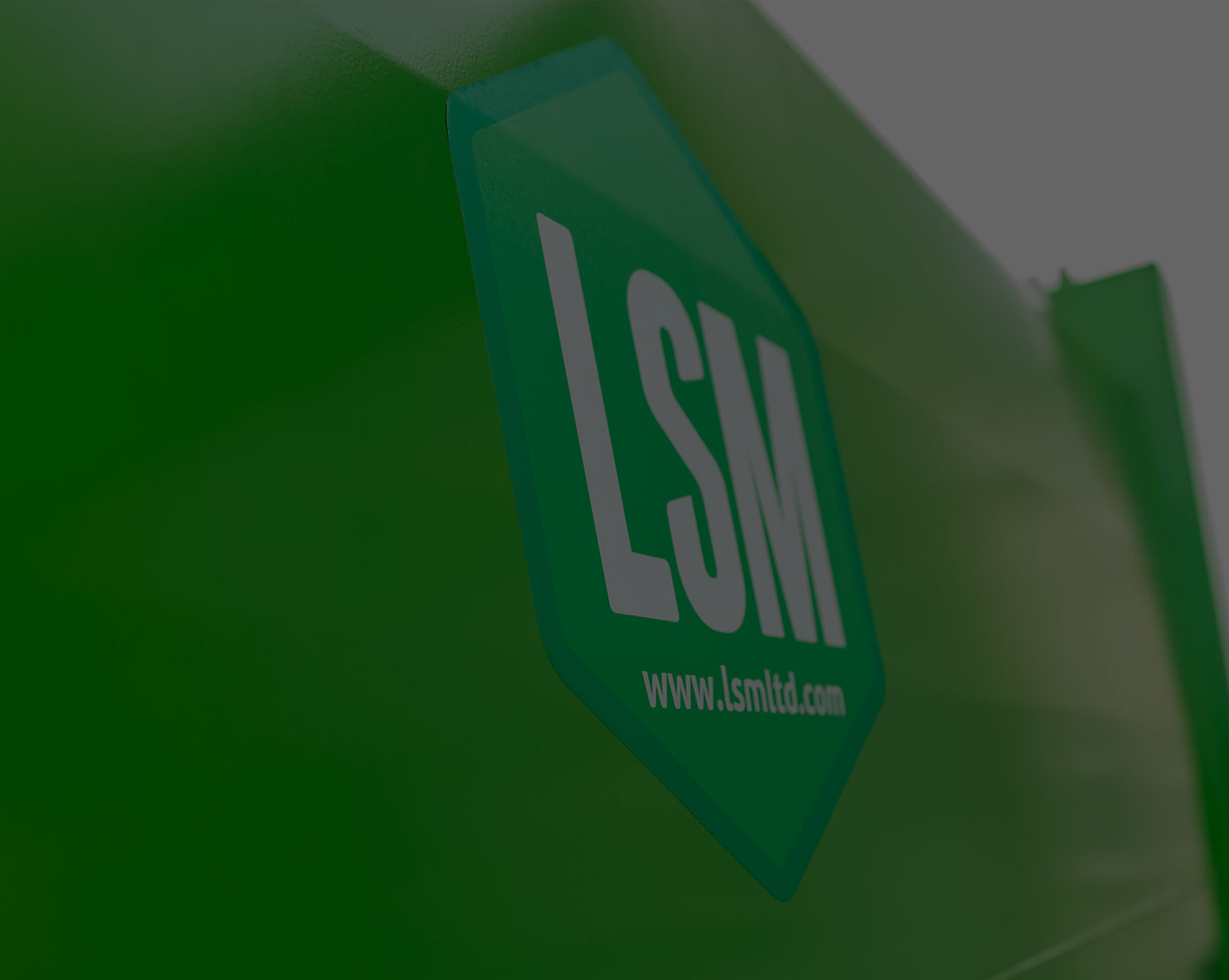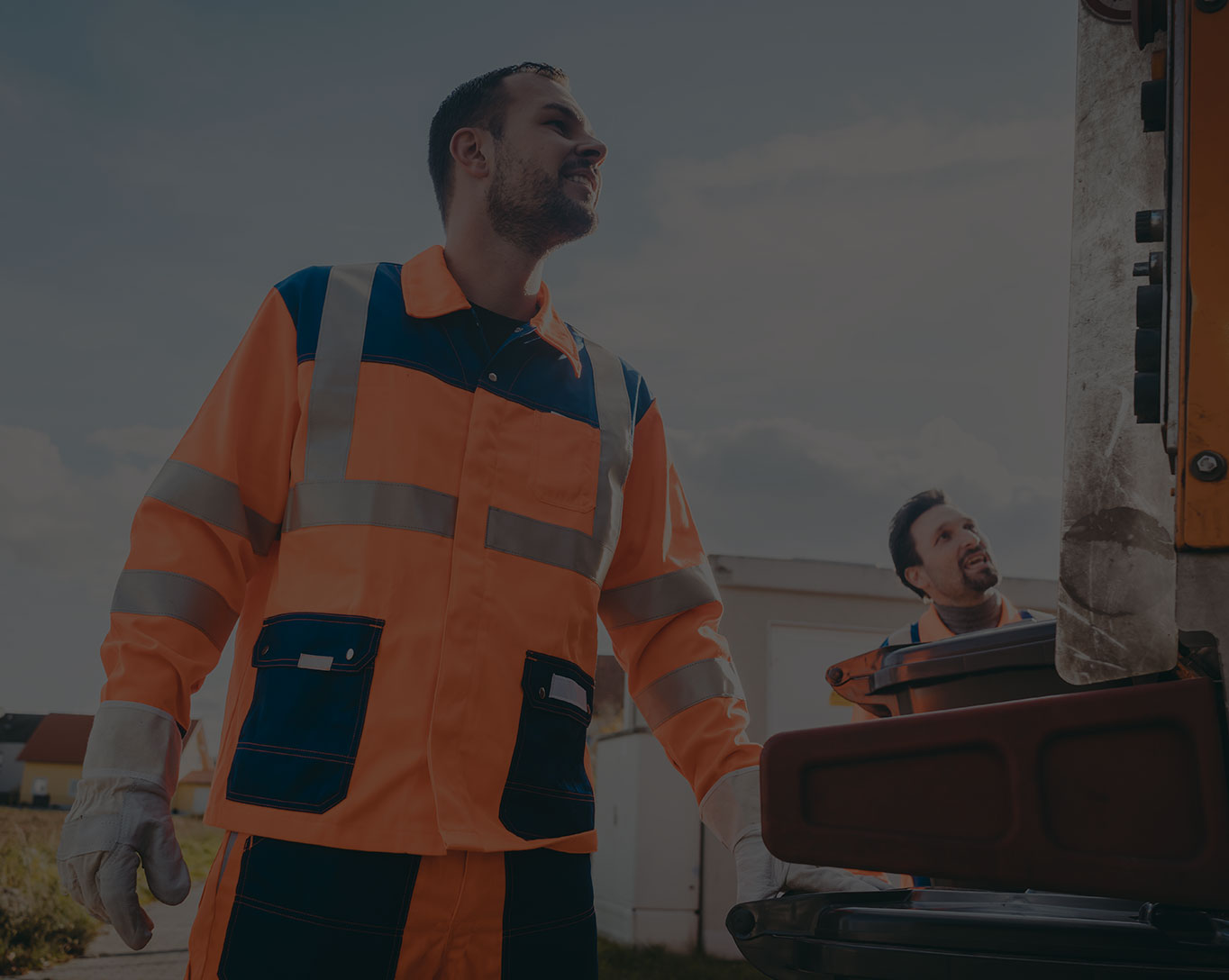As a supermarket, you want to offer the perfect balance of convenience, variety, and quality to your customers. However, your customers now also want more: they want their supermarkets to support sustainable production and be committed to reducing supermarket waste.
A report produced by Accenture in 2022 found that 80% of people in Ireland want to live more sustainability, but 75% say it’s a difficult thing to do without the help of Irish businesses. And 92% reported that they believe the onus is on businesses to help ease the burden and make it easier for consumers to make more eco-friendly choices.
Supermarkets like yours can make sustainability part of your perfect balance, driving down costs and increasing your competitiveness. Let’s dive into ways that you can go further and reduce or eliminate supermarket waste.
Add “Eliminate Food Waste” to Your Supermarket Waste Management Plan
Supermarkets already use discount programs to move food close to expiry from shelves and into trolleys. However, this still leaves it up to your customer to opt for those products, and there are a lot of variables in whether they’ll pick them up or those discounted items will end up in the bin.
Today, you can go beyond yellow labels and connect directly with Irish buyers who actively want to eliminate food waste as part of their daily food shopping experiences. Programs like Too Good To Go connect local Irish businesses with consumers who are happy to pay a small sum for food that would otherwise end up in the bin. Customers get a pack of whatever food is left over from the day and bring it home with them for a few euros. Very often, these bags sell out within minutes, and these programs help you better predict the amount of waste you’re likely to generate to help you manage costs.
Choose Vendors Committed to Sustainable Manufacturing
For many supermarkets and grocers, environmental policies mean a war on packaging waste and improving recycling management. However, there’s much greater opportunity for total supermarket sustainability in going beyond recycling working and focusing on bringing in vendors who meet sustainable production criteria.
Whether you’re a small local supermarket or operating a store as part of one of the big four Irish supermarkets, there is much opportunity to partner with other Irish businesses who operate sustainable food systems. Even better, Irish customers want you to do this. A 2022 report produced by Accenture found that one in eight people is choosing to eat more locally sourced products because they view it as more sustainable and 70% of Irish people buying from brands described as “eco-friendly”.
You can support other local businesses and improve your business environmental impact by sourcing and selling locally grown and raised produce, and the opportunities to do so increase all the time as the number of Irish food pioneers dead set on complete sustainability grows every year. You can increase your own customer’s buy-in by marketing these connections and highlighting the producer, letting your customers know what’s happening in their own local communities.
Remove Your Own Single Use Plastics
There’s some waste that you can encourage out of your supply chain through supplier selection and purchasing agreements. While this waste is the bulk of what you’re dealing with, you might be leaving some easy wins on the table.
For example, what single use plastics do you include in your in-store coffee bar or deli? Are the materials you’re using recyclable? Or better, compostable? And could you run incentives to encourage customers to bring their own containers so you can cut down on deli and coffee packaging entirely?
These are simple ways to show customers that you’re controlling what you can, and you can help incentivise buyer behaviours with the right promotions. For example, you could offer free coffee before 10AM for customers who bring their own cups to get more customers into the habit of skipping the disposable takeaway cup.
Reducing these bits and pieces from your operations doesn’t just signal a commitment to sustainability. You’re simultaneously reducing the amount of waste you generate in store and in the community and managing your own costs in the process.
Collect Customer’s Recycling In-Store
Not only does encouraging customers to bring plastic, PET, and metal recycling back into store help keep waste out of landfills, it can increase your daily footfall as customers choose your store over another shop. Supermarkets in the UK, like Sainsbury’s have seen increased footfall after trialing their own programs in 2021.
The uplift on supermarket waste is managed with the help of waste baling, which reduces the volume of recycling materials you receive, thereby minimising space needed to store recycling and the number of collections required for waste removal.
Additionally, Ireland now has a program that allows customers to return their recycling and get deposits back. Signing on to the program and adding reverse vending machines to your store will help inspire customer recycling habits and divert this waste from landfills.
Make LSM Part of Your Waste Management Plan
LSM works with supermarkets and grocery stores across Ireland to help them increase the productivity of their recycling programs and streamline their waste management programs through the use of waste balers. Waste balers, reverse venders and recycling balers help you better manage the waste you can’t eliminate and have important benefits like reducing the number of vehicle movements and thus the emissions required to remove waste from your premises.
Working with LSM is also a sustainable choice due to our focus on quality. LSM has a generous servicing program that includes keeping old and new and even competitor machines up to scratch to keep them running as long as possible. You can also easily scale your waste baling program with the option to purchase a core set of machines and rent machines to add capacity during your busy seasons.
To learn more about LSM and how we can be a partner in your sustainability journey, get in touch.


